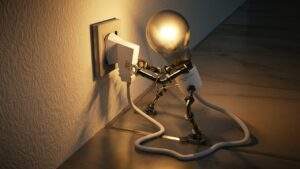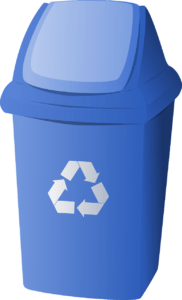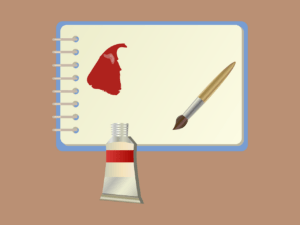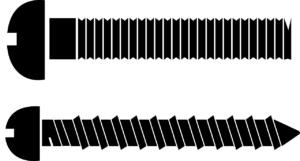Why Do You Need Sewer Line Inspection?
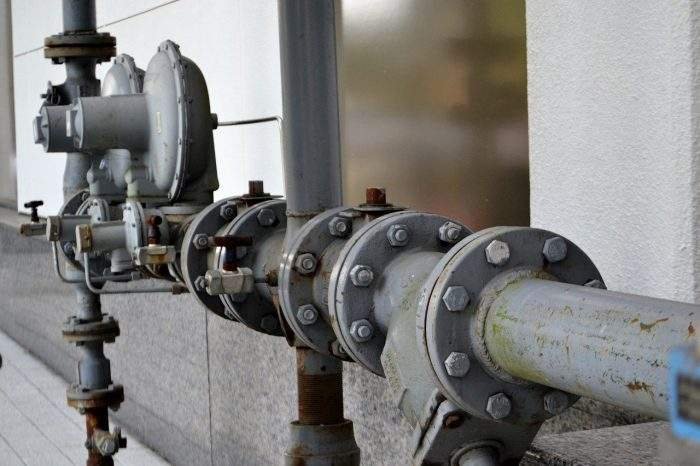
Sewer inspection refers to assessing sewer lines to determine their condition or to establish the exact point that is causing certain problems, such as leaks or clogging on a sewer line. The inspection is essential in ensuring that sewer lines’ problems are handled before they get out of hand and become problematic for everyone involved. And because sewer lines carry hazardous materials such as black and gray water, all that pose a danger to human health, it is important to inspect sewers often or as soon as a sign of a problem first shows.
Sewer inspection is crucial in the maintenance of sewer systems. The process is applicable for both homes and city sewer lines. If such issues are not handled swiftly, it is easy for them to turn into emergencies within a short time. That is why cities send inspectors to sewer lines as soon as the first sign of a problem is recognized. They understand the importance of solving such issues fast.
Home sewers, on the other hand, present a somewhat different type of problem. Since the sewer lines are buried and carry waste that most people do not want to think about, it is easy for them to be neglected. However, it is important to call a plumber or an inspector to assess your sewer line when you realize:
- Clogging of toilets and drains
- An unexplained surge in your water bill
- Weird noises coming from the sewer line
- Foul odor being emitted from your sewer lines or anywhere on your property
- Unexplained wet patches on your property, especially along with areas the sewer line passes through.
Why Do You Need Sewer Line Inspection?
There are two major reasons why you might want to call for a sewer line inspection. These reasons are:
To Identify and Fix Emergent Sewer Problems
It is the most common reason for sewer line inspection, and it can occur on any level, whether on a home or a city sewer line system. When you notice the signs of a damaged sewer line but you are not quite sure where the problem is coming from or what exactly is causing the problem, you can call an inspector to assess the sewer line. The levels of the signs differ depending on the system.
For example, in a city sewer system, a problem can first be noticed when the level of sewage surges suddenly in a water body or at home when the drainage or toilets keep clogging. When you notice any of these signs, it is time to call an inspector.
To Identify Potential Problems and Address Them Before They Happen
During routine maintenance, sewer inspections might be conducted to assess any underlying faults that might turn problematic in the future. Mainly, this happens in city sewer lines as part of the routine maintenance inspections. Routine maintenance is cheaper than fixing the whole sewer line, making this a viable reason for sewer line inspection. It helps curb problems before they become actual problems, saving the authorities involved money.
What is Used in Sewer Line Inspections?
There are several methods of sewer line inspection depending on the budget, scale, and location. Home sewer assessment often uses camera inspections and lamping inspections. Both these methods can be used in a city sewer inspection.
Camera inspection entails using a camera placed inside a probe. It is floated inside the line, and it assesses the system for any problems.
Lamping inspection entails using a camera placed in the center of a meeting point between two sewer lines. It is used for collecting data for analysis to determine whether or not routine maintenance is due.
Cities mainly use physical inspection. This involves the inspector physically entering the sewer line to inspect the whole structure to determine the exact cause of a problem or underlying fault in the system.
CCTV Inspections are mostly used in city sewers to monitor any faults in the sewer systems. It is mostly used in sewers that are too small for an inspector to enter.
Summary
Sewer inspections are important in determining the exact cause of a problem in a sewer line. It can also be done during routine maintenance to prevent future problems from arising. It is important to assess sewer lines as soon as you notice any problems to help prevent further damage.
